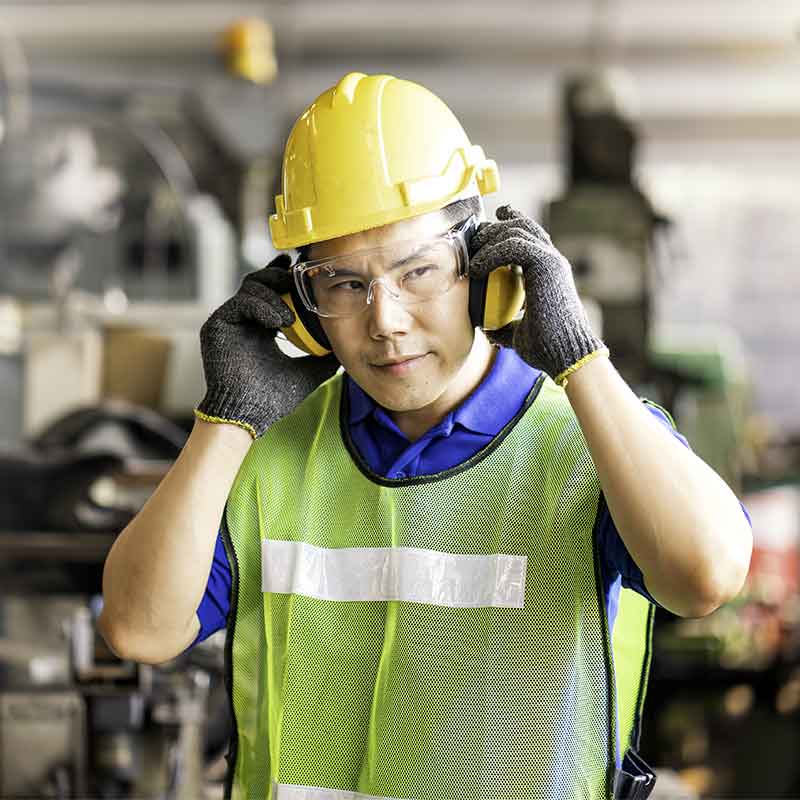Research has shown this is in part because of rising noise pollution, but also because of changing consumer habits, such as listening to earbuds for long periods of time. Regardless of the cause, untreated hearing loss can cause significant problems with your overall health, which is why Arcade Hearing Aid Center advocates for better hearing protection.
Hearing protection has come a long way in the past few years. Not only are there fantastic, affordable new options to protect your hearing, there are also specialized types of hearing protection for different purposes, whether you’re a musician, construction worker, or a first-responder. You no longer have to worry about whether your hearing protection will interfere with your ability to do your job.





